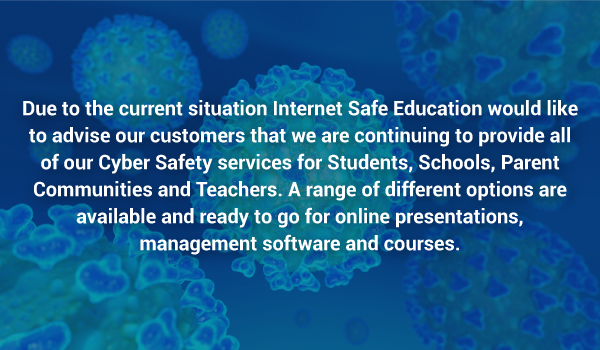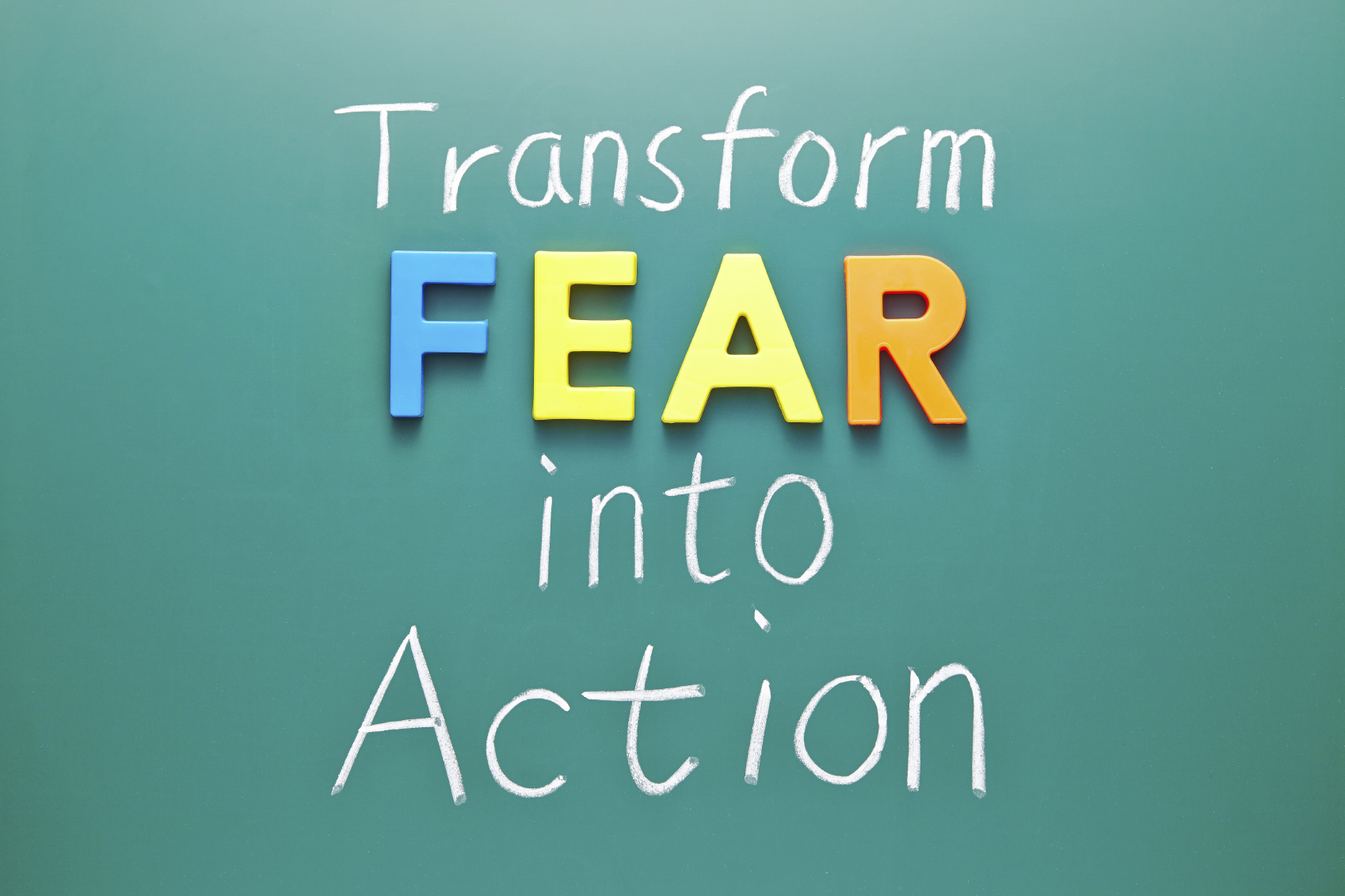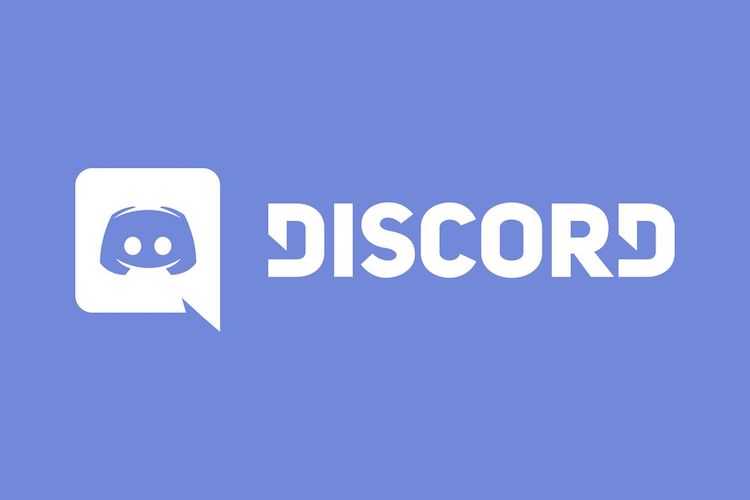Online pornography has become alarmingly prevalent recently and has parents and educators concerned about the influence on children who are exposed to such illicit material. It is estimated that over 90% of boys and 60% of girls have been exposed to pornography before the age of 18. Whether your child is curious or has stumbled upon it by accident, online pornography can have a significant physiological and emotional effect on your child. It can be confusing, confronting and distressing.
How can it affect my child?
The most concerning effect of online pornography is the misogynistic nature of pornography and the desensitisation of violent and degrading behaviours towards women. Young people who are exposed to online pornography are more likely to believe that women enjoy being treated in these ways and that it is acceptable for men to behave in such a manner. This can lead to a lack of respect for women, skewed perceptions of consent and an increase in sexual violence against women.
There is also the issue of unrealistic expectations regarding sex. Pornography, online or offline, often portrays unrealistic and extreme sexual acts that are not representative of healthy sexual relationships. This can lead to young people developing unrealistic expectations of what sex should be like, which can lead to disappointment in their own sexual experiences when they are at that stage.
Body image and self-image are a big one too, when they are exposed to bodies of strangers who are different from their own there can be feelings of inadequacy or shame.
Scientifically it is found to impact brain development. The brain’s reward system is activated by the consumption of online pornography, which can lead to addiction. This addiction can cause changes in the brain’s structure, leading to a decrease in grey matter and an increase in the number of connections between neurons. These changes can have a detrimental effect on decision-making and impulse control, leading to risky behaviours.
How do you know if your child has been exposed to pornography online?
Some signs your child or teenager may have been exposed to online pornography include; changes in behaviour, such as becoming withdrawn or secretive, sudden interest in sexual topics, or using sexual language that they may not have used before. Your child may also become more anxious or depressed, have difficulty sleeping or nightmares, or have a sudden change in their academic performance.
Other signs may include an increase in their use of electronic devices, particularly in private, or an unwillingness to let you see what they are doing online. Unexpected charges on your credit cards is another sign They may also receive unsolicited messages or images from strangers or have a sudden increase in the number of followers or friends on social media.
If you suspect that your child or teenager has been exposed to illicit material online, it is important to talk to them about it in a non-judgmental and supportive way. Encourage them to come to you if they see or receive anything that makes them uncomfortable.
Working through it with your child
It can be a shocking experience for children, and sometimes more shocking for parents and carers, but it is important for them to realise is not real life or real love, it is acting manufactured for profit.
Here are proactive ways you can minimise your child’s exposure to pornography.
- Use all parental controls that are available to you. They are the first line of defence against online pornographic material. You can configure your child’s devices and household networks with parental control features that restrict access to age-inappropriate content
- Use Ad Blockers to prevent them from accidently clicking on pop-ups containing pornography.
- Check their browser history on a frequent but not routine basis to see whether they are clearing it often or if they have been visiting sites to access pornography
- Enable SafeSearch on all devices and web browsers to filter out explicit content from search results
- Use content filters and monitoring software, to block inappropriate content and monitor their online activity
- Discuss the potential consequences of accessing explicit content, including addiction, mental health issues, and legal problems
Understanding the law
While online pornography isn’t illegal there are strong and enforceable federal laws surrounding certain types of online pornography including the sexual exploitation of minors, animals or that displays extreme violence. There are also laws around sharing explicit material and sharing that material even with a mate can have legal consequences for your child. The eSafety Commission is the first place to report such material and under the Online Safety Act they will alert the appropriate law enforcement and are authorised to have content removed immediately.
Online pornography can have a significant impact on young minds, so don’t shy away from the hard and sometimes awkward conversations. It can lead to addiction, normalise violent and degrading behaviours towards women, and create unrealistic expectations of sexual relationships. It is important for parents and educators to have open and honest age- appropriate conversations with children about the potential risks of online pornography. It certainly isn’t going anywhere anytime soon, so if we are prepared to have the tough conversations we may be able to moderate the impact and circumvent potential harm in the future.


